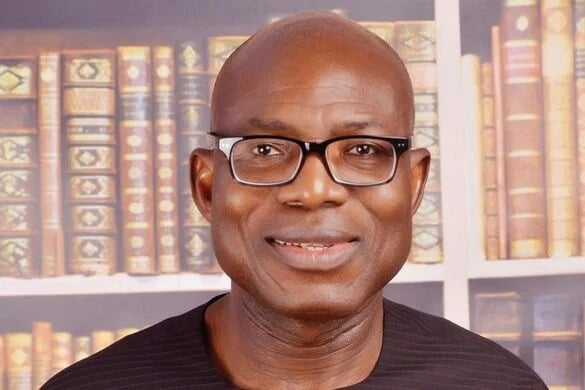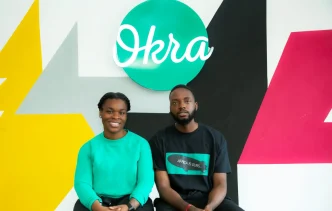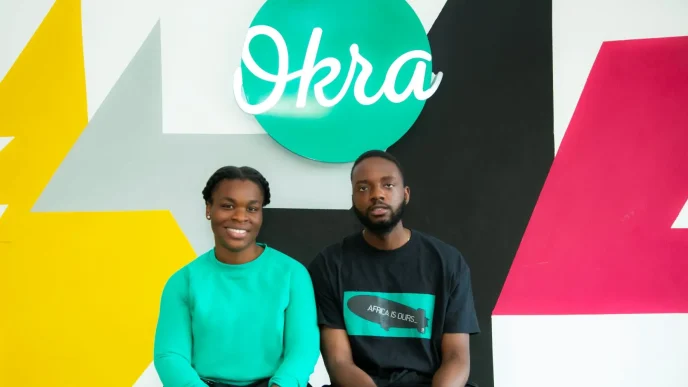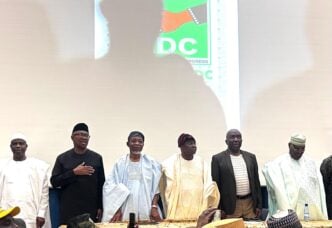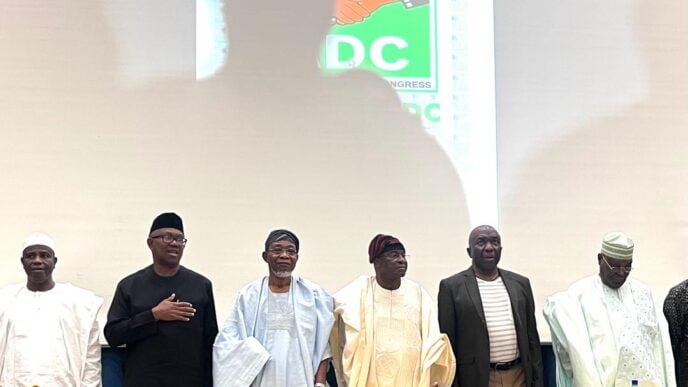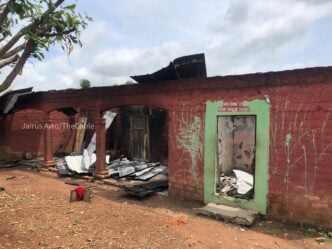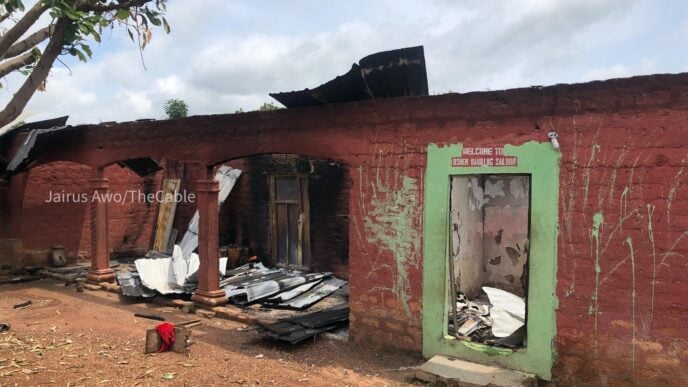BY DAN D. KUNLE
It has just come to my attention, via Punch online, that the Nigerian Midstream and Downstream Petroleum Regulatory Authority (NMDPRA) is proposing a stakeholders’ summit on petroleum product pricing standards. This is a strange move, considering that our President, Bola Ahmed Tinubu, Commander-in-Chief, has already pronounced the end of subsidy and the full deregulation of the downstream petroleum sector.
That historic pronouncement marked the end of an era. The old order came to a close, and a new phase begun; one built on the principles of free entry and free exit in the downstream sector. Furthermore, the opaque importation of petroleum products by a select Cabal, without proper records or volume accountability, has rightly come under public scrutiny.
FUEL DUMPING
It is well-known in global oil trading that Togo has long provided a hub for transshipment of various petroleum products, especially that of the Russian sanctioned oil, capped at $65 per barrel which is $20 less than the Nigerian brent crude. All European and Asian refiners have turned Togo to their hub in order to dump low grade gasoline. This has become a backdoor route for dumping petroleum products into the Nigerian market and across Sub-Saharan Africa. It is, therefore, no surprise that none of the refineries in Sub-Saharan Africa has ever functioned effectively. Côte d’Ivoire is an exception because it operates for her own limited domestic market. The Togo route has become a gold mine for the local importation cabal and international traders. Industry sources confirm that NMDPRA collects revenue of between 350 and 400 billion Naira a year without any laboratory or pipeline depot infrastructural improvement. Until this moment, Nigeria has never seen the published account of NMDPRA. All NNPC and PPMC pipelines and depots across the country have been rendered moribund. So the question between NNPC and NMDPRA remains unanswered till this moment and Nigerians will want to know.
Advertisement
REGULATORY FAILURES
Unfortunately, the regulatory authority, NIMDPRA, has failed to halt this trend or safeguard the interests of Nigeria’s local refineries. This unchecked dumping may well be one of the reasons for the collapse of all government-owned refineries, while the Togo route create an abnormal gasoline arbitrage option. The regulatory authority keeps pretending to issue licenses, knowing full well that investors will not take the risk of building a refinery. The cases of Oil and Natural Gas Corporation (ONGC) Mittal and Korea National Oil Corporation (KNOC) of Korea oil bloc awards during President Obasanjo’s era are past evidence that no foreign investor has the audacity to do what the Dangote Refinery has accomplished. Only Nigerian business men can develop Nigeria in collaboration with government.
This situation further explains the regulatory hostility toward the commissioning of the Dangote 650,000 barrels per day crude oil refinery. Many Nigerians were shocked by the public outburst from the Chief Executive of NMDPRA questioning the readiness and product quality of the Dangote refinery. This criticism is ironic, coming from a regulatory body that does not even operate a standard petroleum product laboratory anywhere Nigeria. We make bold to challenge the NMDPRA to showy to Nigerians how many courses they have attended in petroleum refining and laboratory chemistry in the last two year, because as far as we are aware, some of the executive of Nigerian Midstream and Downstream Petroleum Regulatory Authority (NMDPRA) had no background in energy regulation. At most, the Chief Executive was a trader in the NNPC systems and now suddenly appointed the Chief Regulator of the Midstream Downstream Regulatory Authority. It is time for President Bola Ahmed Tinubu to find an appropriate team to rescue the midstream/ downstream misalignment.
Advertisement
The good news is that the Dangote refinery has passed all international quality standards and maintains world-class laboratories. These have been visited and validated by President Bola Tinubu, Bill Gates, and a delegation of 64 post graduate and PHD scholars fer Harvard University. They wondered if such a refinery infrastructure could ever be established in Africa. The refinery is currently exporting gasoline (PMS) and Jet A1 to the United States, Europe, South America and the Middle East. In the month of June to July 2025, the Dangote refinery has exported over a billion litres of gasoline. In reverse, the refinery has placed a valid order for June and July delivery of WTI crude oil of about 19.2 million barrels as feedstock. This WTI oil import is due to the refusal of the oil producers in Nigeria to sell to Dangote Refinery directly.
ACCOUNTABILITY REQUIREMENTS
We continue to ask NMDPRA to disclose the actual volume of petroleum products being imported, their quality and sources, and the pricing model. It appears the Authority is actively encouraging product dumping, thus threatening the survival of local refineries, including government-owned, and now even the Dangote Refinery. This would be unacceptable anywhere else in the world. Nations must protect their domestic industries to help them build capacity to meet local demand and eventually export. It will be unimaginable if a regulator will be depriving Nigerians from enjoying this new relief brought by the Dangote Refinery operations in Nigeria. The new initiative to deliver gasoline at no transport cost to every part of Nigeria is to relieve the suffering of the masses. Most moribund petrol stations who had no access to gasoline for years will be revived by this direct product delivery from Dangote refinery to the petrol station owners. In a free market economy, Dangote refinery can decide to sell its gasoline at any reduced price within the law Also, Dangote has offered to deliver refinery products, gasoline in particular, to enhance uniform pricing of gasoline and JetA1. Equally, the aviation sector, the construction and manufacturing industries as well as telecoms are to benefit from this huge refining capacity in Nigeria. I am aware in recent times that Independent Petroleum Marketers Association of Nigeria (PMAN), a major organised group in the midstream downstream sector of the petroleum industry in Nigeria, has accepted to collaborate and co-evolve with Dangote refinery in this laudable revolutionary step.
For over five decades under the import regime, Nigerians have remained in the dark about the actual volume of petroleum products imported and how they are distributed among dealers. There is an urgent need for clarity on what is truly being subsidised and the exact monthly amounts paid in bridging costs to dealers and traders. These are the critical issues that should occupy the attention of regulators, not pricing summits. The NMDPRA’s failure to effectively manage the equalisation responsibility for over four decades highlights systemic inefficiencies. In contrast, the emergence of efficient private-sector players like the Dangote Refinery offers a clear and sustainable pathway. Nigerians are still waiting for the result of the fanfare visit of the immediate past CEO of NNPC and that of the current midstream downstream regulatory authority, who celebrated a flag-off of the concluded rehabilitation of Port Harcourt and Warri refineries some several months ago.
Advertisement
THE SUMMIT FOR WHAT?
NMDPRA cannot justify calling a summit on petroleum product pricing standards. Market forces are already at play. If, as presumed, the agency has been issuing refinery licenses to new investors, why are we not seeing the results? What about the four NNPC Limited refineries, are they functional? Are they supplying? Is this what is responsible for NNPC being owed in tens of trillions? And I also wonder if these importers have ever declared their corporate tax results, compared to Dangote’s declaration at the instance of President Bola Ahmed Tinubu of about 400 billion Naira in various tax payments for 2024.
WHAT NIGERIA NEEDS
It may interest Nigerians and Africans to know that the only functioning refinery in Nigeria today is the Dangote Refinery Complex in Lagos and some modular mini refineries in the Niger Delta. The refinery has recently introduced its private equalization arrangement, aimed at ensuring that gasoline is sold at the same price across the country. This cost absorption is projected to reach about N1.1 trillion annually, plus the capital cost of the 4,000 CNG-powered trucks of about 720 billion Naira and the supporting CNG infrastructure. The new pole of Dangote Refinery is to eliminate the bottle neck between the refinery and the consumers via al the retail outlets in Nigeria. Therefore, this proposed summit is an attempt to kill the operational refinery and its laudable objectives. The consumer is the king and Dangote seems to be the only company that wants to serve them.
Advertisement
NEW PERSPECTIVES
With gratitude to our dear President, the use of the Naira for local crude supply is a welcome incentive. The recent ‘Nigeria First’ policy is also a commendable step and the presidential CNG initiative alternative for fueling has proven workable for the trucking industry. The Dangote Refinery and Petrochemical Complex has fully aligned with this laudable development agenda. We hope this policy will be sustained to avoid repeating the costly mistake that led to the collapse of Nigeria’s textile and cotton industry over the past 30 years; an error that has proven difficult and expensive to reverse.
Advertisement
In my view, and from my understanding of deregulated market dynamics, NMDPRA has lost touch in the last two ears and failed to realign with current realities. It is unfortunate that an arm of the Federal Government appears to be promoting petroleum imports while the country produces crude for export. This contradiction is uniquely Nigerian.
Therefore, this proposed stakeholders’ summit is, from the onset, a waste of national resources and poorly conceived. Let operators in the space sort themselves out. NMDPRA should not be spending public funds on such a summit.
Advertisement
CONCLUSION
As a concerned citizen, I maintain that the old downstream structure is gone, A new phase of energy supply is here. Dangote’s strategic vision has brought about a modern, integrated refinery and petrochemical complex that will serve Nigerians and the global community. No conspiracy or agenda can derail this progress. Collaboration, not sabotage, is what will build national wealth.
Advertisement
If given the opportunity, Dangote will replicate these achievements in Gas, Power and other industries as he has proven in fertiliser and cement manufacturing in Nigeria. Let us work together to support what is good. The innovative solutions brought by the Dangote Refinery come as a masterstroke. More Nigerians can achieve great things across other sectors if given the right environment.
Views expressed by contributors are strictly personal and not of TheCable.
